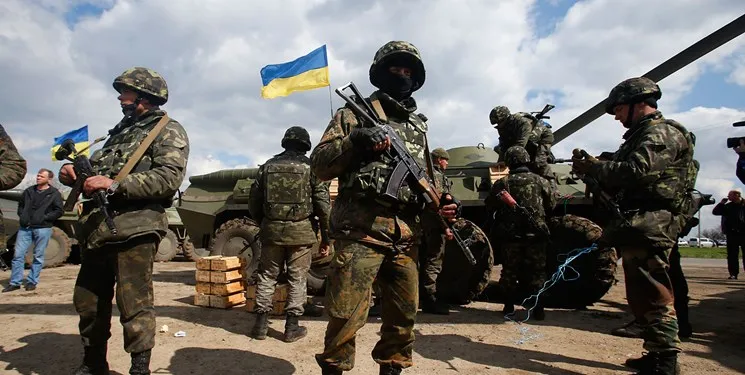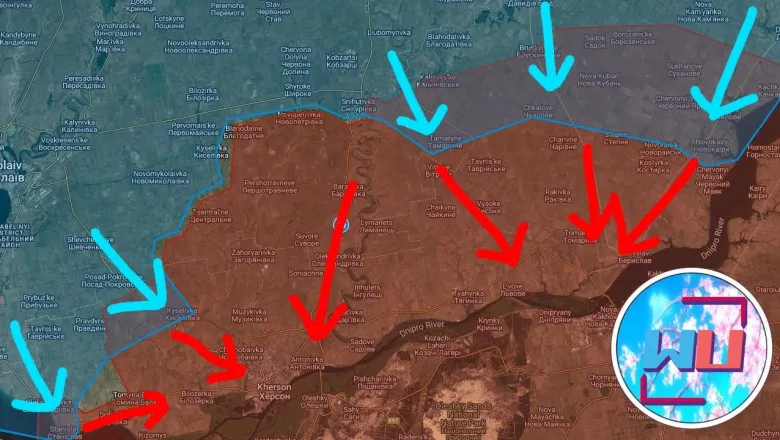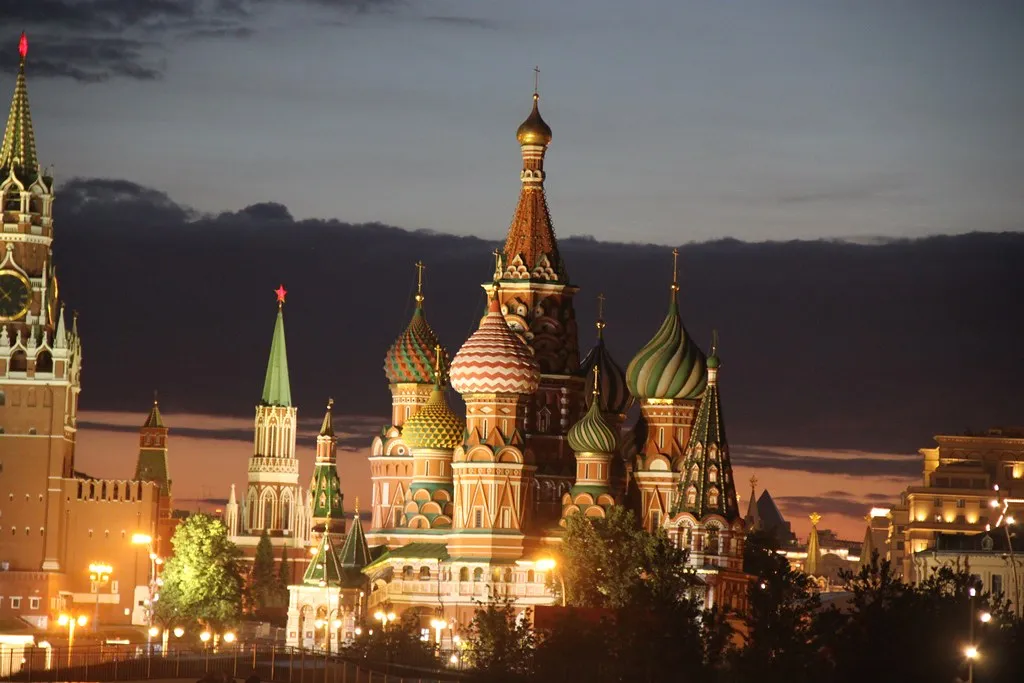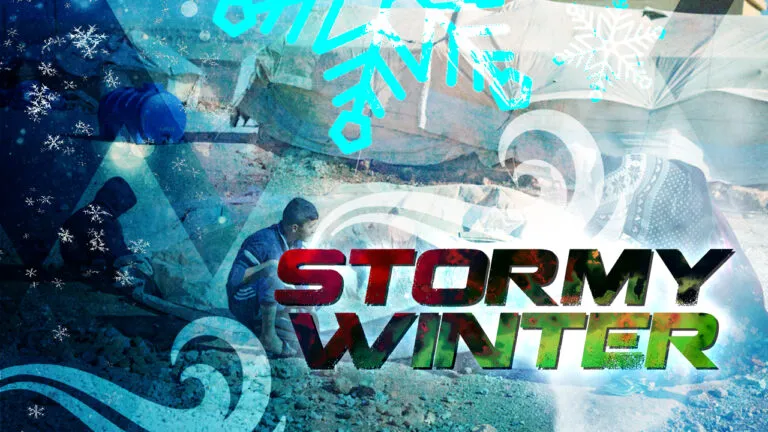The recent announcement by the Russian military that its units will withdraw from Kherson and the rest of the right bank of the Dniepro river is being portrayed as a major defeat in the Western media.
Coming after Russian withdrawals in the Kharkov region back in October this is being portrayed as evidence that Russia is losing its war with Ukraine. Apparently, all Ukraine needs is a never ending flow of heavy weapons, ammunition, training of its troops by NATO members and billions in cash each month from the US and its EU allies to drive the invading forces from all of its territory.
This rather simplistic narrative ignores a number of important factors which we shall examine below.
First things first let us address the latest crisis for Putin’s “Special Military Operation”.
The Russian gradual retreat of its forces from the right bank of the Dniepro river to the left bank is a huge political defeat for the Kremlin. Putin has just conceded that he is giving up one of the provincial capitals of one of the newly annexed regions. At the time of the referendums back in October the residents of the Kherson, Donetsk, Lugansk and Zaporizhzia regions were promised that a yes vote would give them the security and stability of Russian citizens living within the internationally recognised borders of the Russian Federation.
Sadly, this has turned out to be a false promise.
The only safety these people can have is if they move far into the Russian interior well away from its borders with Ukraine.
The reasons given for the retreat from Kherson have some validity. It was becoming increasingly difficult to resupply Russian troops when the bridges across the Dniepro are either destroyed, heavily damaged or under constant artillery attack from Ukrainian forces. One could counter by saying that this problem has been around for many months now so why was nothing done to resolve the issue or why were troops not withdrawn many months ago which would have saved many lives?
Other reasons given to justify the retreat are that Russian forces now have a shorter front line which favours their numerically smaller forces, their flanks are now protected by the formidable Dniepro river and that this will now free up units to join the offensive in the Donetsk region whose liberation has been a central objective since the invasion of February 24 of this year. Russian military analysts also point out that this measure will allegedly prolong the stalemate until the 300,000 mobilised troops can join the fray and decisively alter the outcome of events on the battlefield.
However, now Ukraine also has extra troops which will be freed up to join its forces in the Donbass and Kharkov regions. Ukraine will have also secured its flanks by using the Dniepro as a natural defensive barrier which will be very difficult to cross by Russian forces in the future. Long range artillery systems such as the US supplied HIMARS maybe able to strike targets in Crimea. Furthermore, only time will tell how Crimea’s water supply will be affected.
Blow to Kremlin’s prestige
Added to these factors it can be said that the retreat from Kherson is major blow to Russian prestige on the international scene and gives a massive boost to Ukrainian morale while decreasing morale on the Russian side.
I am not one for making forecasts as wars are notoriously difficult phenomena to predict with any certainty. There are so many interlinked military, socio-economic, geo-political and internal morale factors in both Ukraine and Russia that it is very difficult to predict an outcome to the current war.
Maybe Russia will use its 300,000 extra troops to launch an offensive in the winter/spring that will break through Ukrainian front lines and bring the war to a decisive end.
Maybe Russia’s population will get sick and tired of the bloodshed and sacrifices made for little gain and rise up in rebellion against the Kremlin forcing it to the negotiating table.
Maybe there appears no prospect of a victory on the battlefield for either side, at least not this winter.
According to recent comments by US Joint Chiefs of Staff General Mark Milley, a potential stalemate this winter may provide;
an opportunity here, a window of opportunity for negotiation...[victory] is maybe not achievable through military means, and therefore you need to turn to other means.
It may well be that there are some attempts at negotiation this winter.
Personally, I don’t hold out much hope for them achieving any settlement to the conflict this winter. Both Putin and Zelesnky have their own personal agendas, which are currently irreconcilable. Additionally, both men will presently have a hard time selling any compromise peace deal to their respective citizenry after the huge losses and material sacrifices made by both sides.
Having said this, discontent from below after a winter of further suffering and bloodshed, may lead to mass pressure from the populace on both sides on their governments to compromise.
Indeed it may be the only factor that could force both leaders into a negotiated settlement that would involve distasteful compromises by both sides. Otherwise, this war could easily continue well into 2023 with both sides seeking a military victory over the other.



